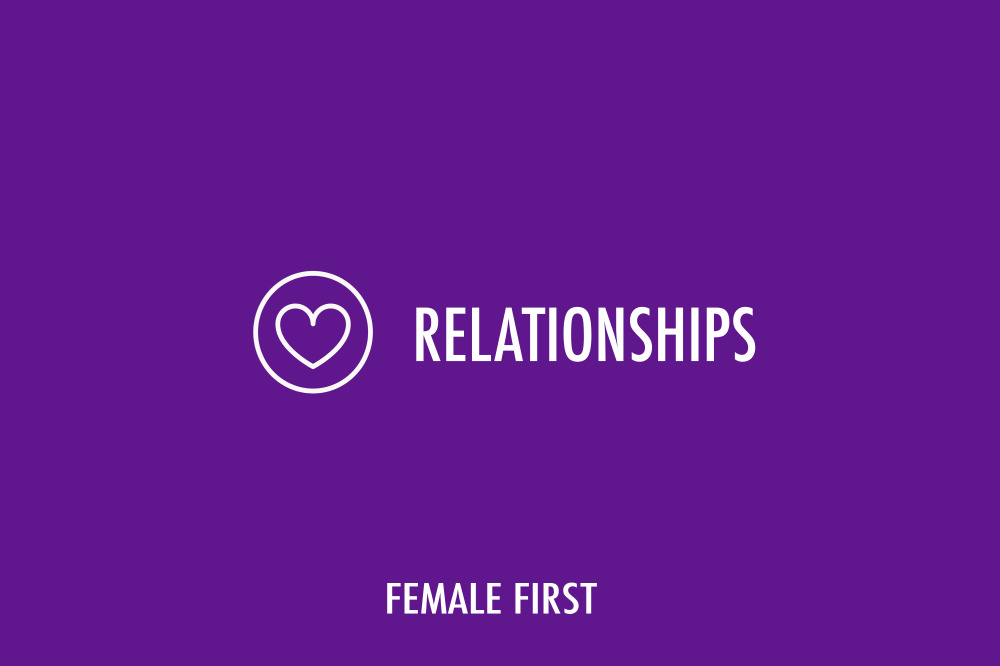Yesterday my senses were briefly stimulated by an adventurous but rather spiky response to eharmony’s latest study in partnership with Oxford University. In short, analysis of a decade’s worth of online dating data reveals traditional gender roles still persist.

Relationships on Female First
Despite the boom in technology-led romance, we remain a fairly quaint lot. Our report shows men are still 30% more likely to make the first move online, and they are not so keen on woman returning the favour. In fact, women who contact men first on our platform see a slight drop in interest.
What’s more, there is something called a ‘good looks plateau’. It means that men overwhelmingly prefer a woman who self-rates her attractiveness as an 8/10 - whereas women are just as happy to settle for a 5/10. Plus, men aren’t so keen on women who over index as ‘clever’.
We can see why this information might compel some readers to question whether feminism ever actually happened. Sometimes, we’re not sure it did either.
There is good news though. The research found that we are less concerned about class, income and religion than we were ten years ago. Both genders also value altruism as a number one trait.
But back to the article in question. Their particular beef centred on our survey sample - which consists of 150,000 eharmony subscribers from over the last decade. The consensus being that eharmony users are bound to be ‘old fashioned’ because they are conventional ‘heteros' who want to find a meaningful relationship, if not marriage.
How could this group be expected to be in step with progressive behaviour?
Of course, as a brand, we don’t mind being talked about - though we do get a touch defensive on behalf of our members whose number includes a blind man who found love via the site, two young women who didn’t let cancer diagnoses stop them finding Mr Right, and a couple who moved continents to be together, shortly after meeting.
But the bigger issue here is the misconception that traditional gender roles only apply to those who subscribe to ‘serious’ dating platforms with the key goal of settling down.
Indeed, Professor Taha Yasseri who led the study on behalf of Oxford University’s Internet Institute is an expert on dating site behaviour. During his tenure, he has not only studied our members but the behaviour of singles on casual dating apps. And according to research he’s uncovered these apps generate even greater gender divides. In fact, one study suggests men on these millennial-dominated platforms are around 66% more likely to initiate conversation than women.
Of course, I’m no sociologist. But I’d warrant this behaviour is simply mirroring the inherent social conditioning we like to pretend no longer exists. We all know the world is still fundamentally quite sexist, but we don’t want to admit it.
As women, we know that men traditionally prefer to do the chasing; that we have to walk a romantic tightrope between seeming interested but not needy, confident but not too sexy.
Women in their thirties also know it’s a sin to admit they want babies unless the man involved clearly indicates he is keen to procreate.
A quick poll of single male friends also reveals that they too are under no illusions about gender roles. They know they’re expected to make the first move and could be forgiven for assuming that if a woman breaks with convention and hits on them it suggests some potential feminine neurosis.
What’s more, my macho-ish mates tell me it’s not so much that men are obsessed with dating an airbrushed beauty who considers herself an 8/10, but they’re more willing to hedge their bets – in other words, they will commonly go for women ‘out of their league’ to see what happens. It’s the classic scattergun approach.
A key point here is that technology has an ingenious way of narrowing the gap between who we think we are and who we really are. You can’t comfortably outwit Google, Apple or a sophisticated matching system for that matter.
Complex algorithms track our behaviour and traits - and they witness those sides of ourselves we might even be hiding from ourselves. Like, perhaps the fact despite wearing the latest Nike trainers we still feel a bit down about the fact we’re single, tired of bad dates or skint.
So, the big question is - who do we really want to be? And how are we going to support each other in becoming more authentic and confident in all areas of our lives?
tagged in relationships
